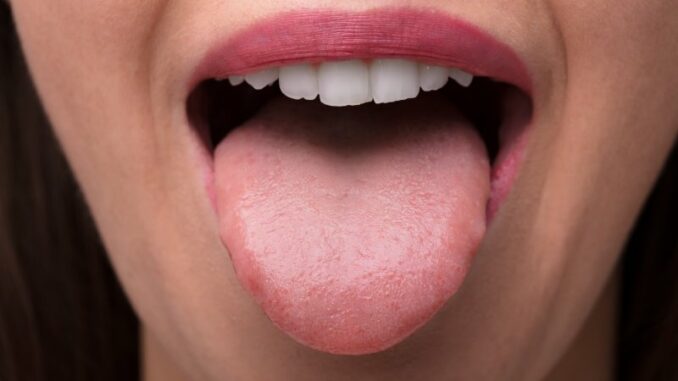
While brushing and flossing are essential components of any oral hygiene routine, many people overlook the importance of cleaning the tongue. The tongue harbors bacteria, food particles, and dead cells that can contribute to bad breath, plaque buildup, and oral health problems if not properly cleaned. In this comprehensive guide, we’ll explore everything you need to know about cleaning your tongue effectively, including techniques, tools, and tips for maintaining optimal oral hygiene.
Understanding the Importance of Tongue Cleaning:
Cleaning the tongue is an essential aspect of oral hygiene for several reasons:
- Reduces Bad Breath: The tongue harbors bacteria and food debris that can contribute to bad breath (halitosis). Cleaning the tongue helps to remove these odor-causing substances, leading to fresher breath.
- Prevents Plaque Buildup: Bacteria on the tongue can contribute to the formation of plaque, a sticky film that can lead to tooth decay and gum disease if not removed regularly.
- Improves Taste Sensation: A clean tongue allows taste buds to function properly, enhancing your ability to taste and enjoy food.
- Promotes Overall Oral Health: Cleaning the tongue helps to maintain a healthy oral environment by reducing the growth of harmful bacteria and preventing oral health problems.
Techniques for Cleaning the Tongue:
There are several techniques you can use to clean your tongue effectively:
- Tongue Scraper: A tongue scraper is a tool specifically designed to clean the tongue. To use a tongue scraper, gently glide the scraper over the surface of your tongue from the back to the front, removing any debris or buildup. Rinse the scraper after each use.
- Toothbrush: You can also use a toothbrush to clean your tongue. After brushing your teeth, use the bristles of your toothbrush to gently brush the surface of your tongue, moving from the back to the front. Rinse your mouth thoroughly afterward.
- Tongue Brush: Some toothbrushes come with a built-in tongue brush on the back of the head. If your toothbrush has a tongue brush, use it to clean your tongue after brushing your teeth.
- Saltwater Rinse: Rinsing your mouth with a saltwater solution can help to loosen debris and bacteria from the surface of the tongue. Mix a teaspoon of salt into a glass of warm water and swish the solution around your mouth for 30 seconds before spitting it out.
Tips for Effective Tongue Cleaning:
To maximize the benefits of tongue cleaning, consider the following tips:
- Be Gentle: The tongue is sensitive, so it’s essential to be gentle when cleaning it. Avoid using excessive pressure or scraping too aggressively, as this can cause irritation or injury.
- Clean Regularly: Incorporate tongue cleaning into your daily oral hygiene routine. Ideally, clean your tongue after brushing your teeth, either in the morning or before bedtime.
- Reach the Back of the Tongue: Pay special attention to cleaning the back of the tongue, as this is where bacteria and debris tend to accumulate most.
- Stay Consistent: Consistency is key to maintaining optimal oral hygiene. Make tongue cleaning a habit, and you’ll soon notice the benefits of fresher breath and improved oral health.
- Hydrate: Drinking plenty of water throughout the day can help to keep your mouth hydrated and reduce the buildup of bacteria and debris on the tongue.
- Consider Mouthwash: Using an antibacterial mouthwash after cleaning your tongue can help to further reduce bacteria and freshen your breath.
Conclusion:
Cleaning the tongue is an essential aspect of maintaining good oral hygiene and overall health. By incorporating tongue cleaning into your daily oral care routine and using the proper techniques and tools, you can reduce bad breath, prevent plaque buildup, and promote optimal oral health. Remember to be gentle, consistent, and thorough in your tongue cleaning efforts, and consult with your dentist if you have any concerns about your oral hygiene. With proper tongue cleaning practices, you can enjoy a clean, healthy mouth and the confidence that comes with it.